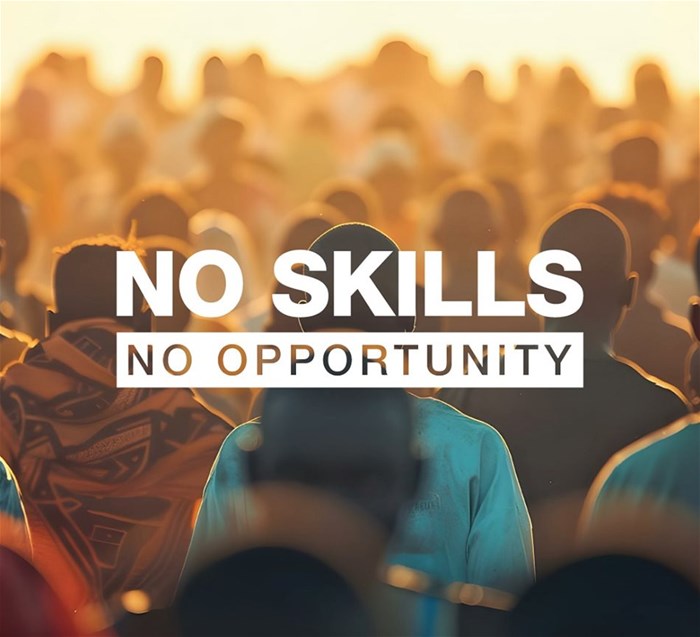Empowering South Africa's youth with essential skills is crucial for driving economic growth, reducing unemployment and fostering innovation in an ever-evolving global landscape.
Earlier this month we celebrated World Youth Skills Day and were reminded of the importance of youth skills development as a crucial element in shaping the future of any nation. In South Africa, this holds even more significance due to our unique socio-economic landscape. The challenges faced by South African youth, including high unemployment rates and disparities in education, demand a strong focus on equipping the younger generation with the skills needed to thrive in the modern world.
The current landscape
South Africa faces a youth unemployment crisis, with rates significantly higher than the global average. According to recent statistics, more than half of South Africans aged 15-24 are unemployed. This stark reality underscores the urgent need for targeted skills development programmes that can bridge the gap between education and employment.
Moreover, the quality of education in South Africa varies widely, with many young people lacking access to adequate resources and opportunities. This disparity is particularly pronounced in rural and underprivileged urban areas, where schools often struggle with limited funding, outdated infrastructure and insufficient teaching staff.
Economic impact
Investing in youth skills development is not just a moral imperative but an economic necessity. A skilled workforce is the backbone of a thriving economy. By equipping our young people with relevant skills, we can boost our productivity, innovation and competitiveness on the global stage.
Skilled youth are better positioned to secure employment, reducing the overall unemployment rate and alleviating the economic burden on the state. Furthermore, young entrepreneurs equipped with the right skills can drive economic growth by creating new businesses and job opportunities, fostering a culture of innovation and resilience.
Social cohesion
Youth skills development plays a pivotal role in promoting social cohesion and stability. When young people are given the tools to succeed, they are less likely to engage in criminal activities or fall into the cycle of poverty. Education and skills training provide a sense of purpose and direction, helping to build a more inclusive and equitable society.
In addition, empowering young people with skills fosters a sense of belonging and community. It bridges social divides and promotes mutual understanding, reducing tensions and fostering a more harmonious social fabric.
Individual empowerment
On an individual level, skills development is transformative. It empowers young people to take control of their futures, make informed decisions and pursue their dreams. Skills training enhances self-confidence, fosters independence and opens up a world of possibilities.
For many young South Africans, especially those from disadvantaged backgrounds, access to skills development programmes can be a lifeline. It offers a pathway out of poverty, providing opportunities to break the cycle of deprivation and build a better life.
Solutions
Recognising the critical importance of youth skills development, both government and the private sector have launched various initiatives aimed at addressing the challenges. Programmes such as the National Youth Policy, the Skills Development Act and the Youth Employment Service (YES) are designed to provide training, mentorship and employment opportunities to young people.
The private sector plays a crucial role in advancing skills development by partnering with educational institutions to offer training programmes in the form of learnerships, internships, apprenticeships, etc. These collaborations ensure that the skills taught are relevant to industry needs, enhancing the employability of young graduates.
Youth skills development is the cornerstone of a prosperous and equitable economy. By investing in the education and training of young people, we can unlock our country’s full potential, driving economic growth, fostering social cohesion and empowering individuals to build better futures. The challenges are significant, but with concerted efforts from the government, private sector and civil society, we can create a skilled generation capable of leading the country to a brighter tomorrow.
































